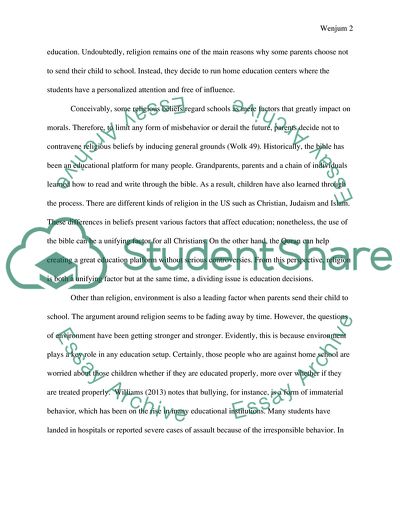Cite this document
(The Education Quality of Different Types of Schooling Literature review - 12, n.d.)
The Education Quality of Different Types of Schooling Literature review - 12. https://studentshare.org/education/1847831-education
The Education Quality of Different Types of Schooling Literature review - 12. https://studentshare.org/education/1847831-education
(The Education Quality of Different Types of Schooling Literature Review - 12)
The Education Quality of Different Types of Schooling Literature Review - 12. https://studentshare.org/education/1847831-education.
The Education Quality of Different Types of Schooling Literature Review - 12. https://studentshare.org/education/1847831-education.
“The Education Quality of Different Types of Schooling Literature Review - 12”. https://studentshare.org/education/1847831-education.


